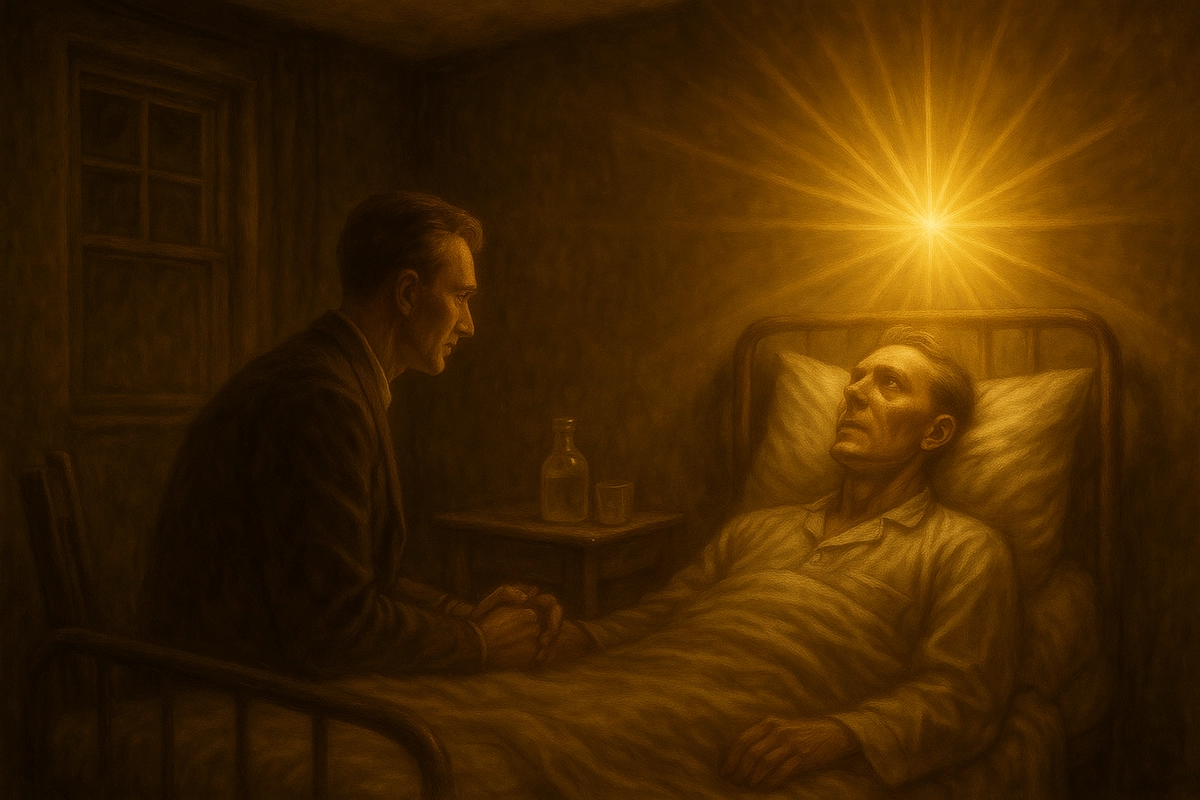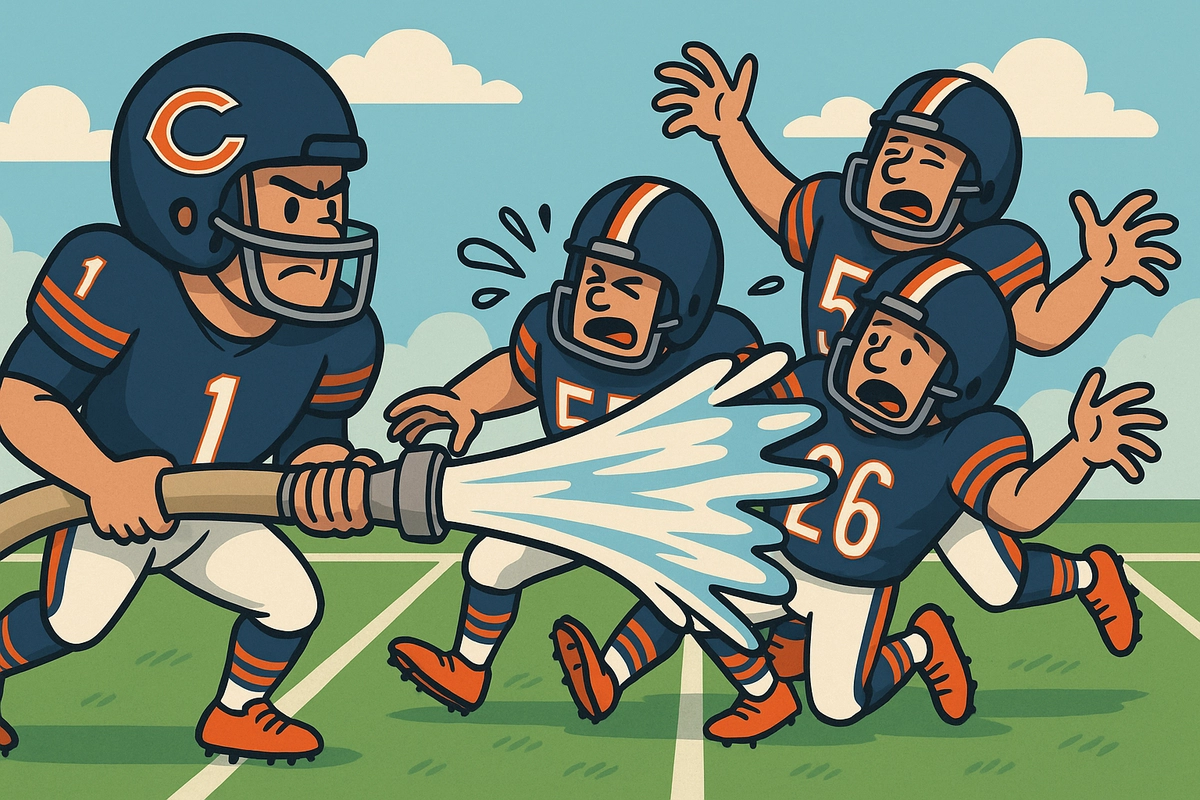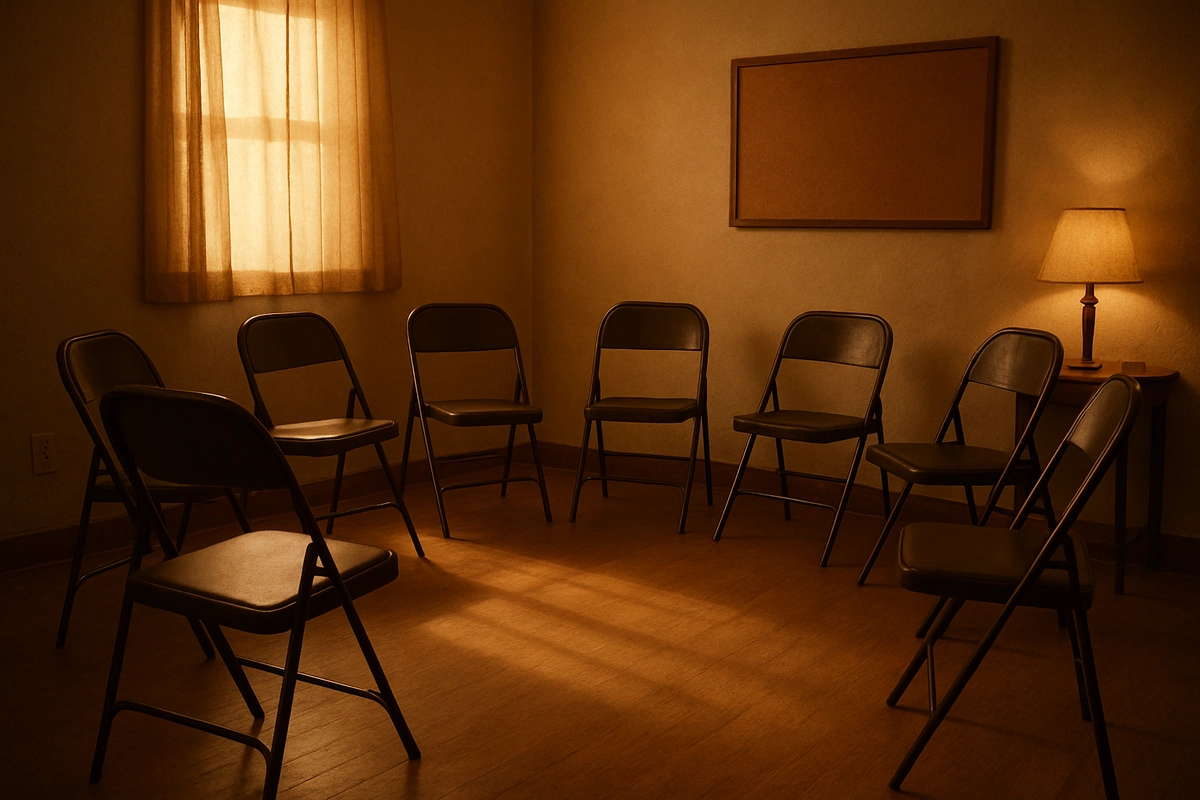This is the second installment in our reflection on the Twelve Steps from a virtue- and philosophy-based recovery lens. In Part I, I shared how the First Step—We admitted we were powerless over alcohol—that our lives had become unmanageable—sparked a personal transformation at my first A.A. meeting. Here, we’ll step back and explore the roots of that Step and its theological DNA.
Foundations of A.A.
To understand the language of the First Step we need to familiarize ourselves with the history of A.A. a bit, specifically, the history of Bill W., its co-founder who receives many of the accolades for its achievements. Wilson was able to achieve sobriety when he was introduced to a Christian group known as the Oxford Group by an old drinking buddy, Ebby Thacher.
As its name would indicate, the Oxford Group (or "Oxford Group Movement" as frequently referred to by its adherents) came to prominence via regular meetings in the study of the Chaplain of Corpus Christi College, Oxford. It was founded in 1921 under the name First Century Christian Fellowship. As that name would indicate, its founder, American Lutheran minister Frank Buchman sought to return Christianity to its roots practiced by a devotion to "personal evangelism" and guidance provided directly from "God’s directions" the member would seek in quiet time every morning.
Samuel Shoemaker, the head of the United States headquarters of the Oxford Group operated the Calvary Rescue Mission in New York City, a mission dedicated to saving drunks and bums. Thacher’s drinking problem brought him to the mission where he took up residence for a time to get sober. One of the Oxford Group’s practices was to carry the message of salvation to others (Step Twelve, anyone?) and when Thacher heard Wilson was still struggling with drinking, he and a friend showed up on Wilson’s door full of Oxford-fueled religion and sobriety. A self-described agnostic, Wilson didn’t bite at first but the seed was planted.
A drunken binge found Wilson wandering into the mission in search of Thacher and thus, his first Oxford Group meetings. When he found himself in a hospital for addicts a few days later it was during a visit from Thacher that Wilson would have his "spiritual awakening" accompanied by the now famous "white light." He never drank again.
The First Step's Origins in The Oxford Group
Given the Oxford Group’s role in Wilson’s recovery, it’s no surprise the First Step is deeply rooted in Oxford Group theology. Once the message of the group was shared with a potential new member ("Sharing for Confession and Witness" by the member doing the recruiting) the first step within the group was known as "Surrender."
Surrender to God is our actual passing from a life of Sin to a life God-Guided and Christ-Conscious; in other words it is the giving up of our old ineffective spiritual lives and taking on life of spiritual activity in everything we think, do, or say. By making complete restitution for wrongs done to others, to ensure that all debts are paid, and by ending all wrong associations, a Changed life renounces entirely all the faults of its spiritual past. – What is the Oxford Group? by "The Layman With a Notebook", 1933.
One can hear the echoes of virtually every word in this opening paragraph of the chapter dedicated to Surrender within A.A.. While the group didn’t make direct reference to steps, the steps to recruiting new members are clearly laid out in the chapters of What is the Oxford Group? Were one to assign steps, Surrender is clearly the first step of the group.
We visualize Surrender as a showing of the white flag, the confessing of defeat to an enemy more powerful than ourselves and the asking for a truce, perhaps at any cost.
This is contained in only the early portion of the chapter, when one reads all of it, the majority of the Twelve Steps can be found in this single chapter. Wilson said as much in Alcoholics Anonymous Comes of Age. Despite Wilson’s many attempts, whether real or feigned modesty, to distance himself from the role of prophet or deity, he would continue to be seen as the predominant creator of A.A. and author of the Twelve Steps despite all of the evidence of his clear inspiration.
It’s clear we have to consider the beliefs of the Oxford Group when we look at both the First and Second Step because it's written on its face: "confessing of defeat to an enemy more powerful than ourselves."
In Part III, we’ll look at what that word “powerless” really means—through the lens of Stoicism, not surrender. Is the First Step an act of defeat, or of release?






Comments